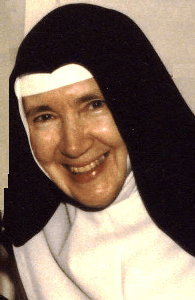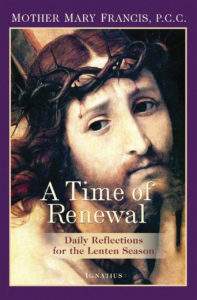Podcast: Play in new window | Download (Duration: 1:58 — 1.4MB) | Embed
Subscribe: Apple Podcasts | Spotify | Amazon Music | Android | Pandora | iHeartRadio | JioSaavn | Podchaser | Gaana | Podcast Index | Email | TuneIn | Deezer | Anghami | RSS | More
Day 2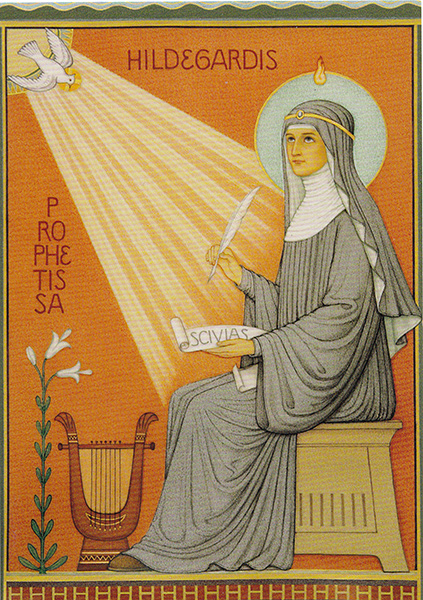
St. Hildegard you have said:
These visions which I saw were not in sleep nor in dreams, nor in my imagination nor by bodily eyes or outward ears nor in a hidden place; but in watching, aware with the pure eyes of the mind and inner ear of the heart.
O glorious St. Hildegard, abbess of the order of St. Benedict and doctor of the universal Church, we now join in the prayer you taught us….
God is the foundation for everything
This God undertakes, God gives.
Such that nothing that is necessary for life is lacking.
Now humankind needs a body that at all times honors and praises God.
This body is supported in every way through the earth.
Thus the earth glorifies the power of God.
O God, by whose grace your servant Hildegard, kindled with the Fire of your love, became a burning and shining light in your Church: Grant that we also may be aflame with the spirit of love and discipline, and walk before you as children of light; through Jesus Christ our Lord, who lives and reigns with you, in the unity of the Holy Spirit, one God, now and forever. Amen.
St. Hildegard von Bingen, pray for us


 A Sister of St. Thérèse: Servant of God, Léonie Martin – Bearer of Hope with Fr. Timothy Gallagher – Episode 7
A Sister of St. Thérèse: Servant of God, Léonie Martin – Bearer of Hope with Fr. Timothy Gallagher – Episode 7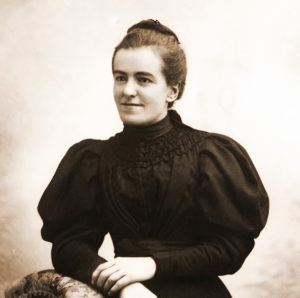
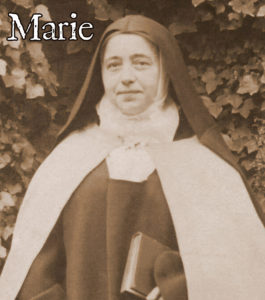
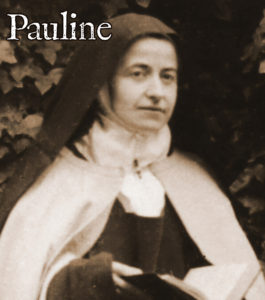
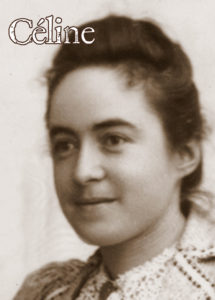
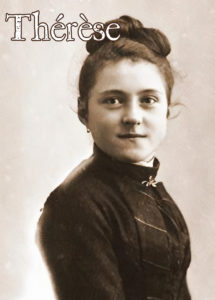
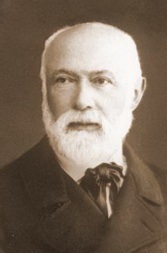
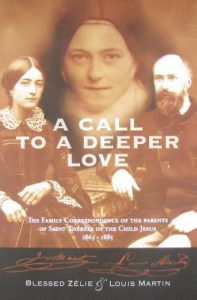

 Dr. Lilles discusses the Prayer of Quiet and the Real Presence of Christ in the Eucharist.
Dr. Lilles discusses the Prayer of Quiet and the Real Presence of Christ in the Eucharist.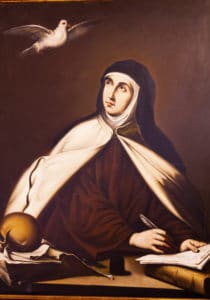

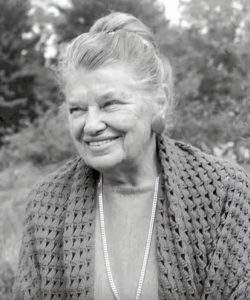
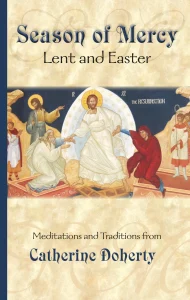 “The Feast of Feasts”
“The Feast of Feasts”